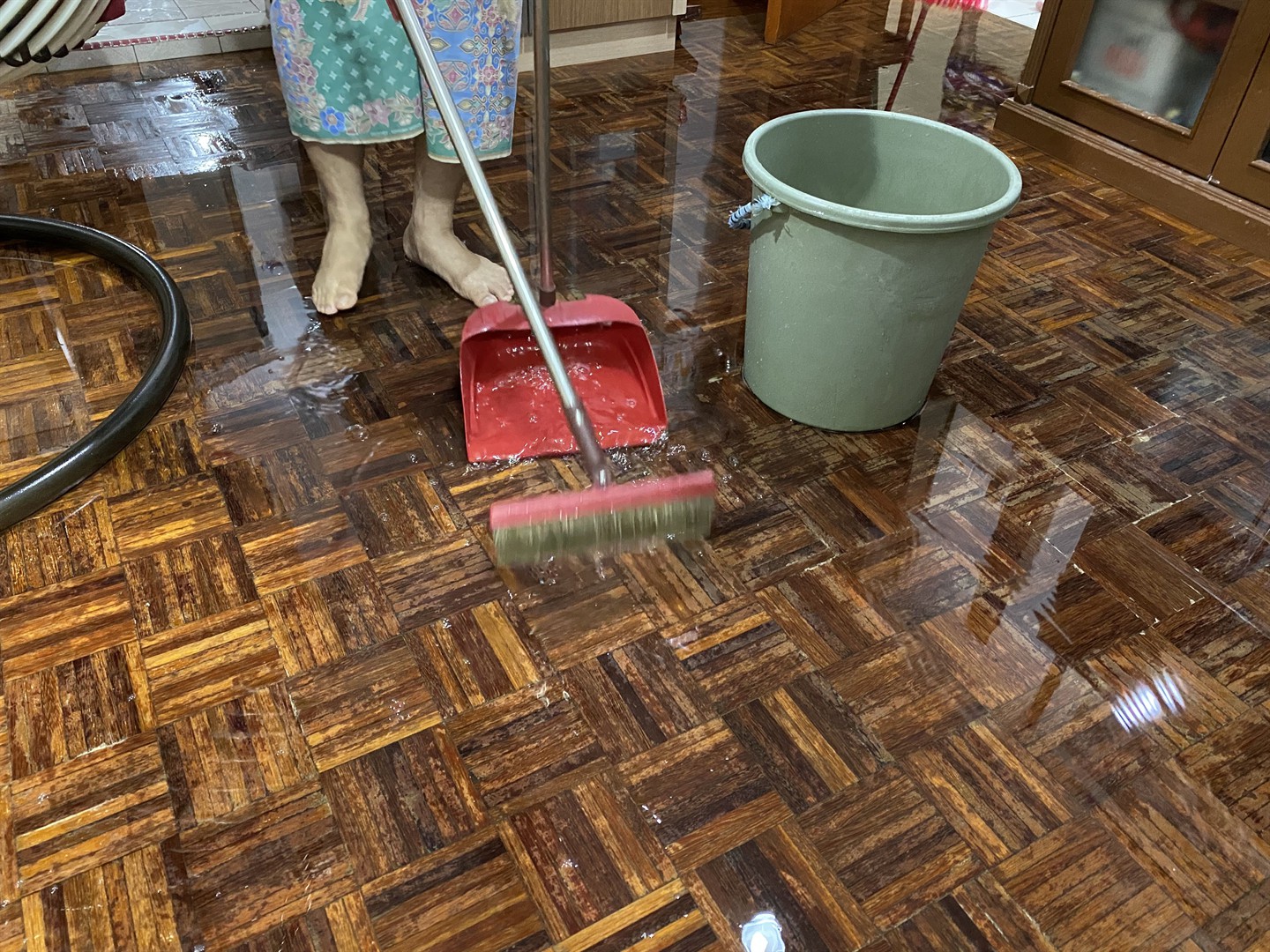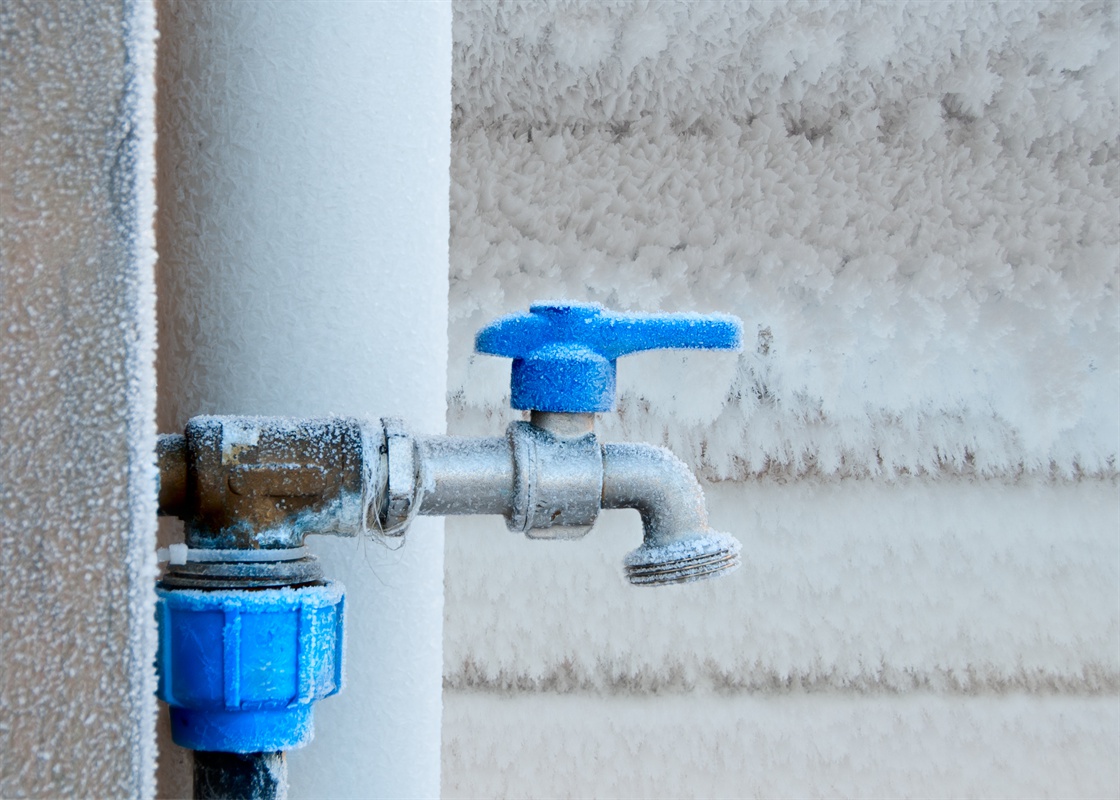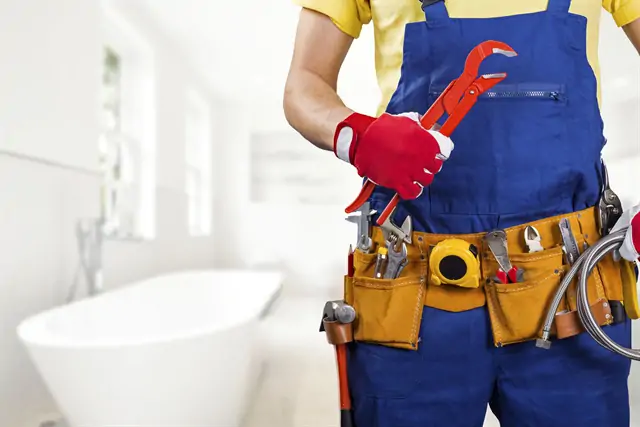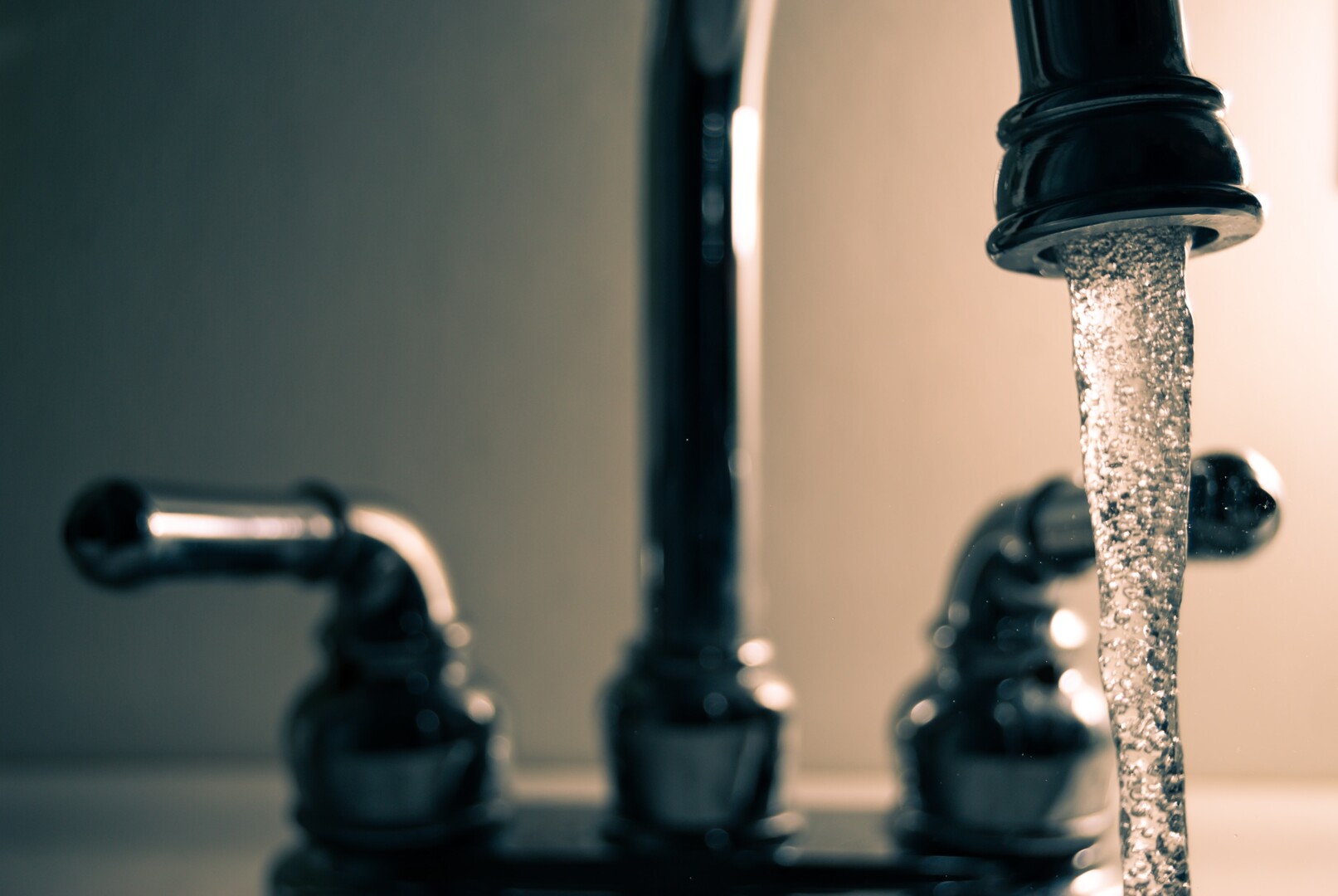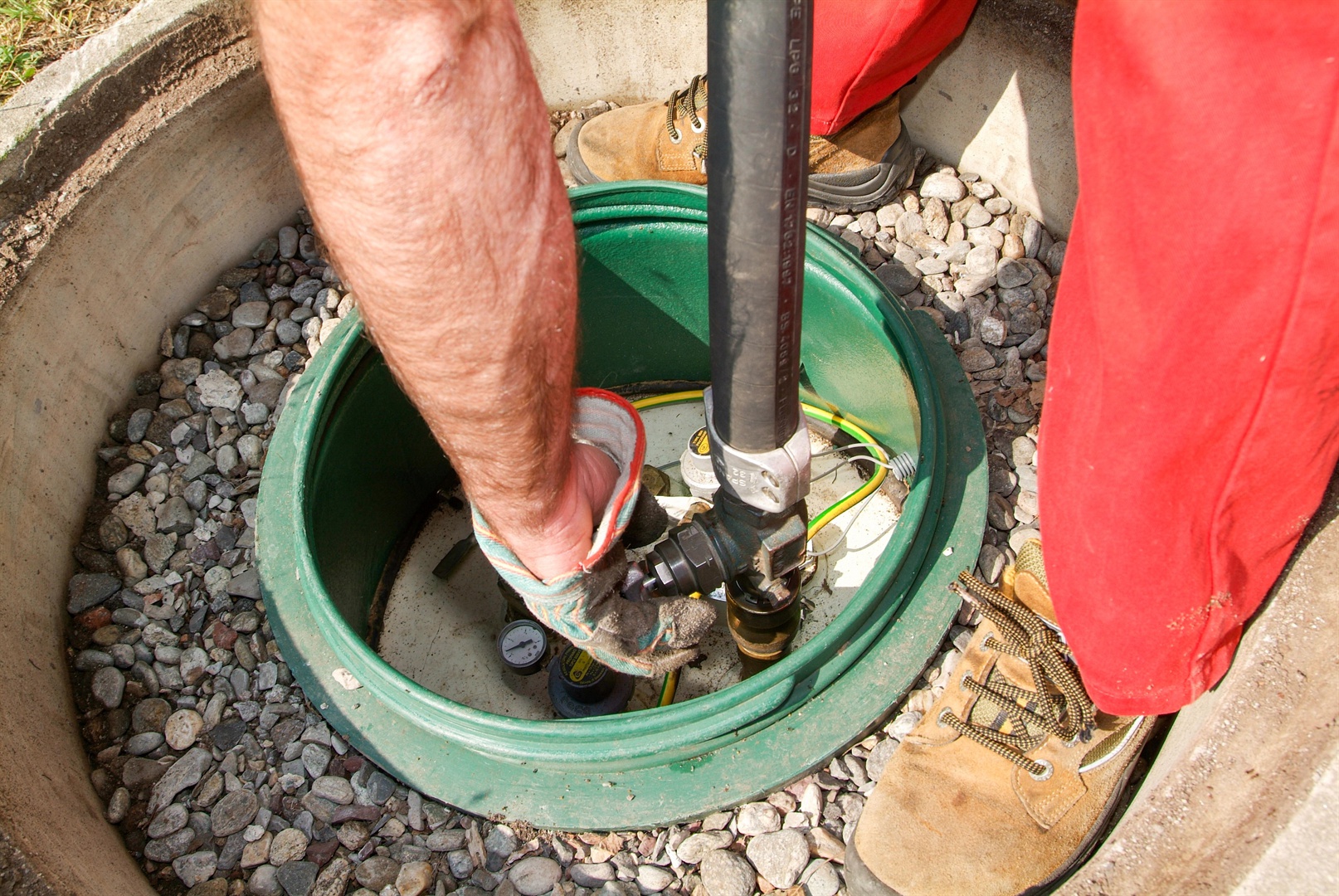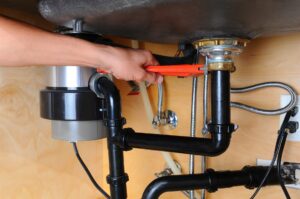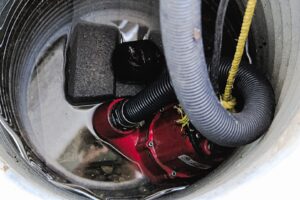A well water pump is an essential component of a home’s plumbing system that pumps water from a well to a house. It is an important investment that can provide a reliable source of clean and fresh water for households that rely on well water. Here are 7 things you should know about well water pumps.
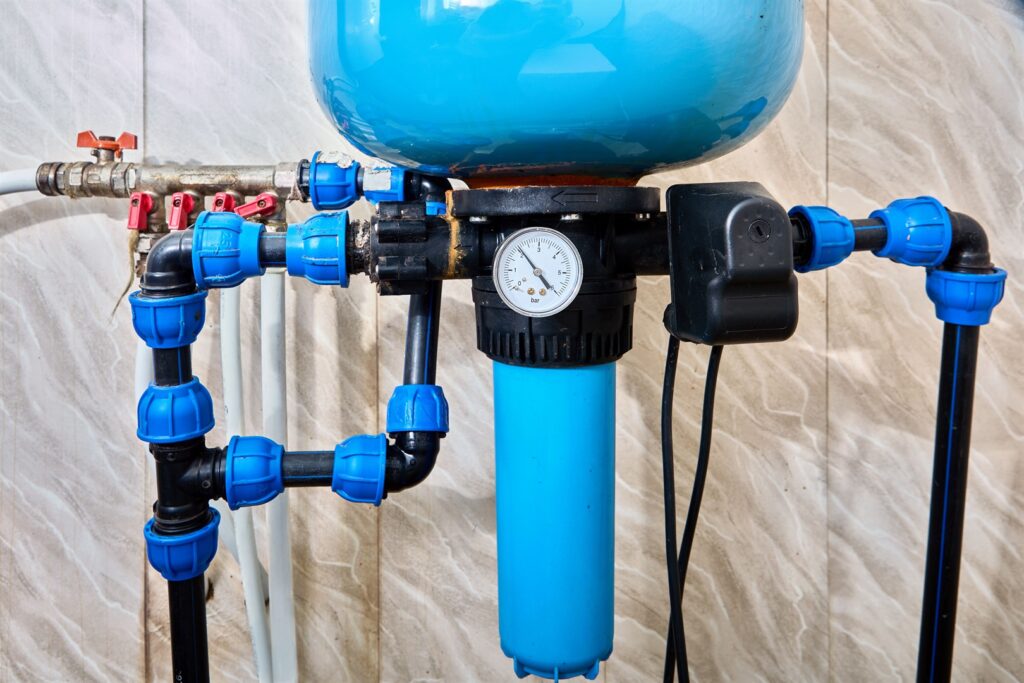
1. Types of Well Water Pumps
There are two types of well water pumps: submersible and jet pumps. Submersible pumps are installed inside the well, and they push water to the surface. Jet pumps, on the other hand, are located above ground, and they pull water from the well to the surface.
Submersible pumps are typically more efficient and can handle greater depths than jet pumps. However, they are more expensive and require professional installation. Jet pumps are less expensive and can be installed by a homeowner, but they are less efficient and can handle shallower wells.
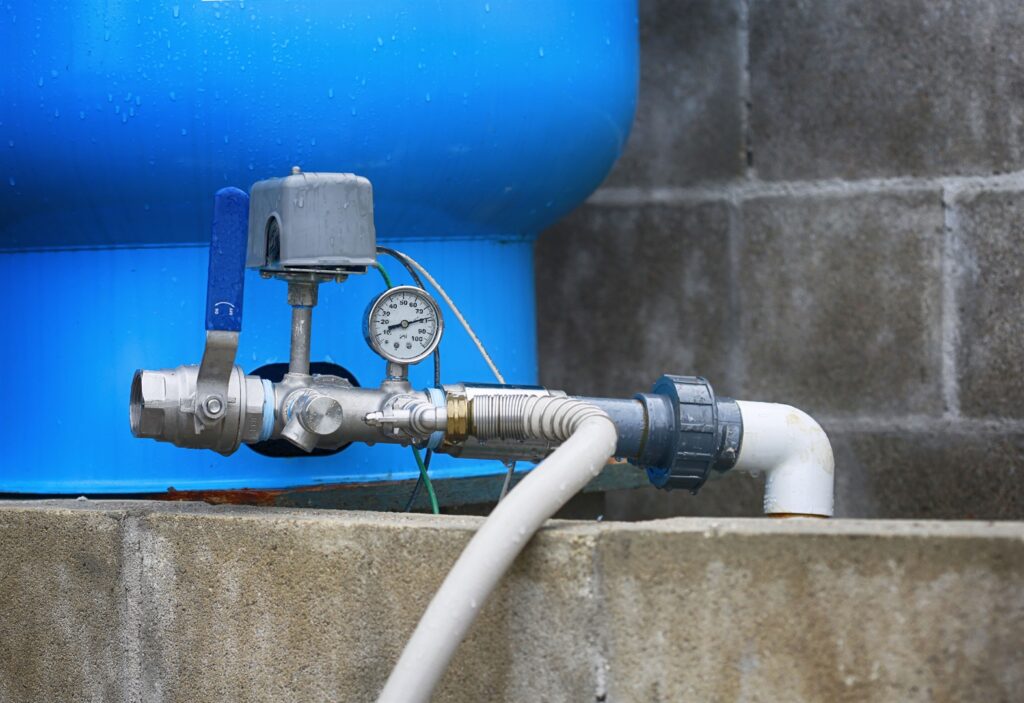
2. The Importance of Proper Sizing
It is crucial to choose the right size well water pump for your home. A pump that is too small will struggle to provide enough water, while a pump that is too big will waste energy and increase operating costs.
The size of the pump depends on the size of the well, the depth of the well, and the demand for water in the home. It is recommended to consult with a professional plumber or well water pump specialist to determine the appropriate size for your specific needs.
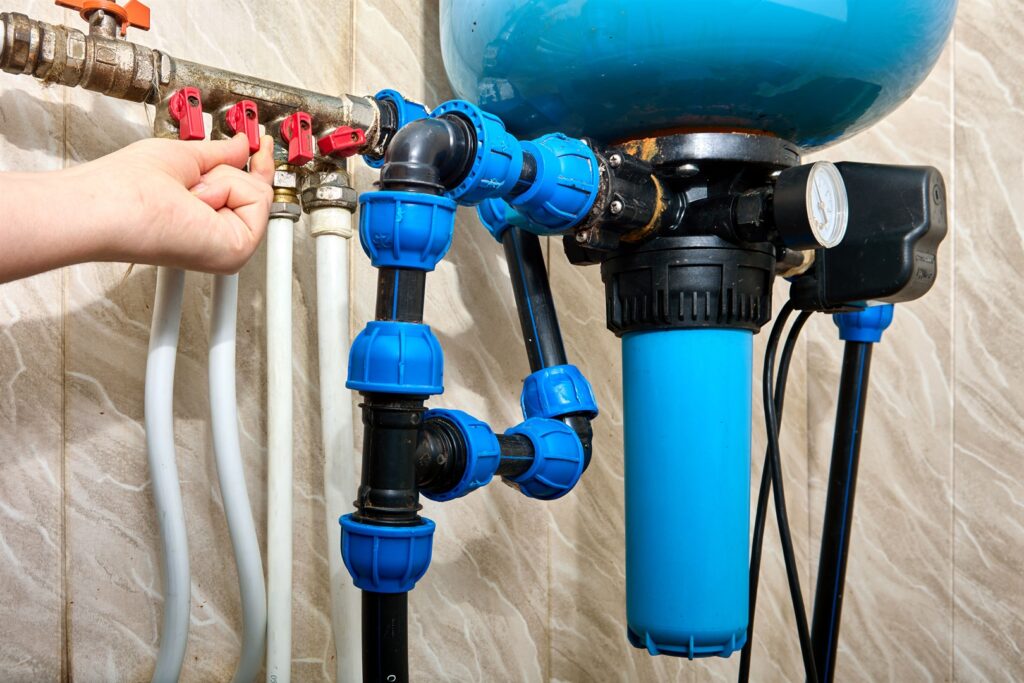
3. Maintenance is Key
Regular maintenance is essential to keep a well water pump functioning properly and prolong its lifespan. Neglecting maintenance can lead to issues such as low water pressure, reduced water flow, and even pump failure.
Maintenance tasks include checking the pressure switch, cleaning the pump, inspecting the wiring and connections, and testing the water quality. It is recommended to schedule annual maintenance with a professional plumber or well water pump specialist to ensure the pump is functioning at optimal levels.
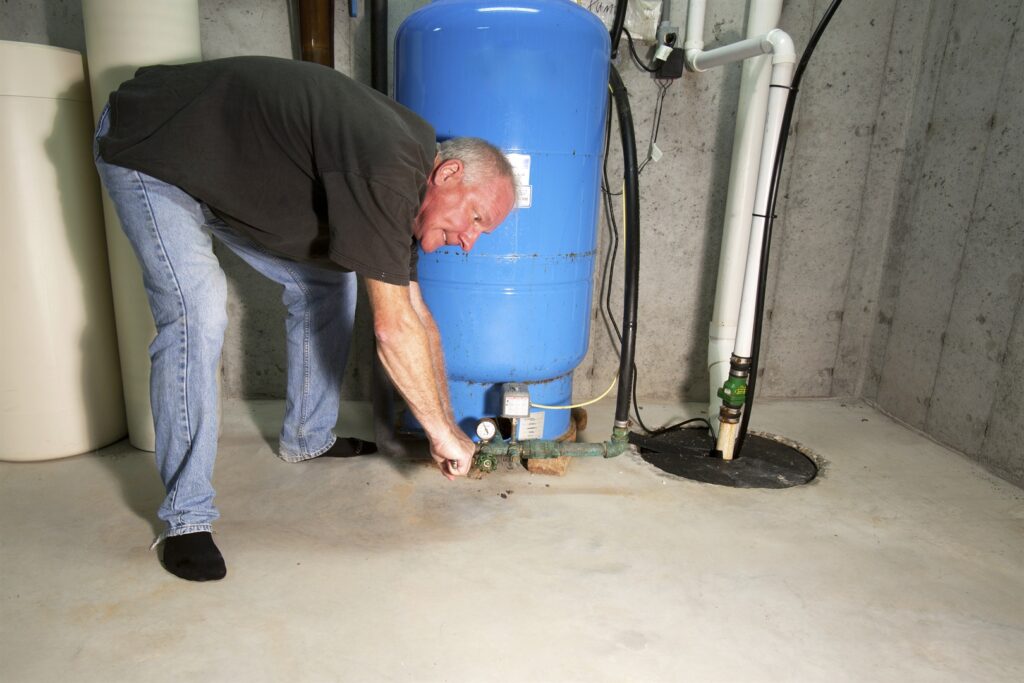
4. The Role of Pressure Tanks
Pressure tanks are an important component of a well water system as they help regulate the water pressure and prevent the pump from turning on and off too frequently. They store water that has been pumped from the well and release it as needed.
Without a pressure tank, the well water pump would have to turn on every time a faucet is opened, which can cause unnecessary wear and tear on the pump and increase energy costs.
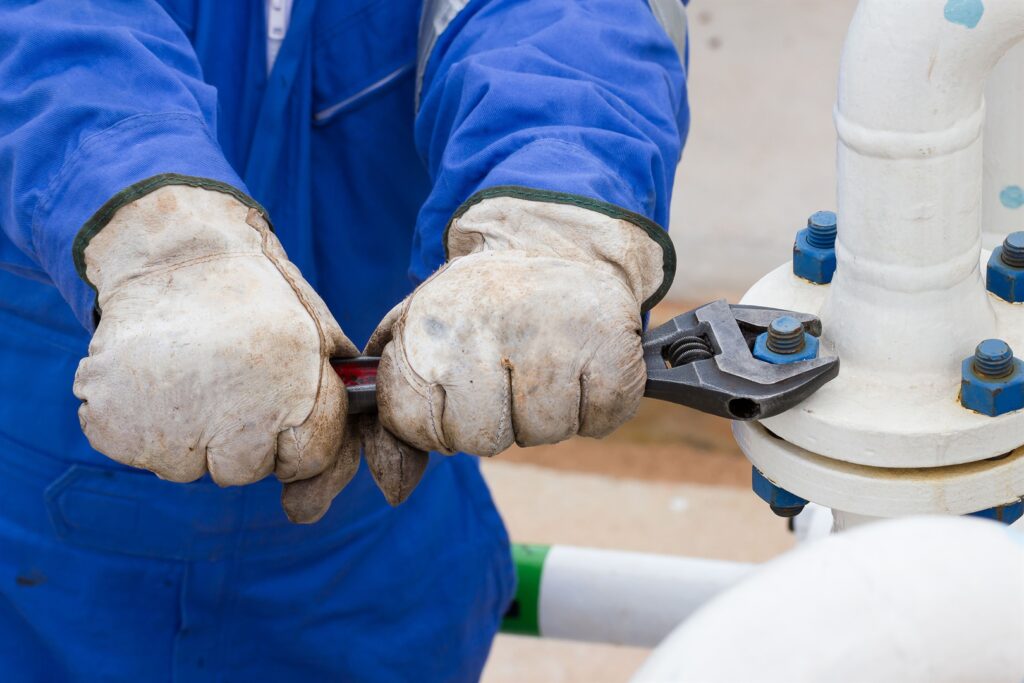
5. The Importance of Water Filtration
Well water may contain impurities such as minerals, bacteria, and other contaminants that can affect the quality of the water. Therefore, it is important to install a water filtration system to ensure that the water is safe to drink and use.
There are various types of water filtration systems available, including sediment filters, activated carbon filters, and reverse osmosis systems. It is recommended to consult with a professional plumber or water treatment specialist to determine the best filtration system for your specific needs.
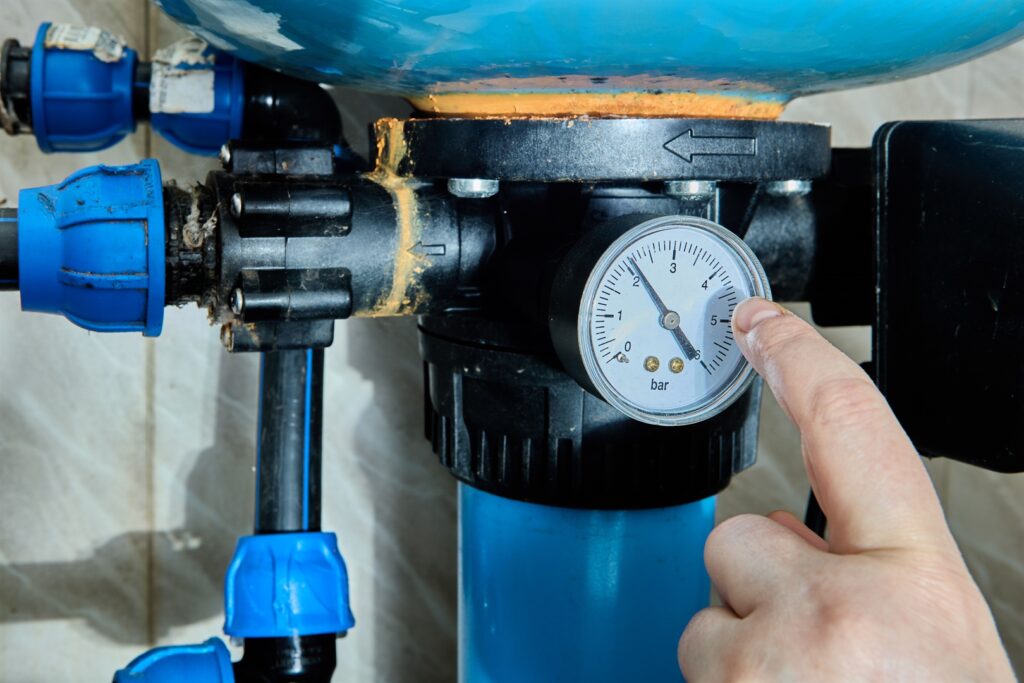
6. Signs of Well Water Pump Problems
It is important to be aware of the signs of well water pump problems to avoid costly repairs or even pump failure. Signs of a malfunctioning pump may include reduced water pressure, fluctuating water pressure, unusual noises coming from the pump, and high energy bills.
If you notice any of these signs, it is recommended to contact a professional plumber or well water pump specialist to diagnose the issue and perform any necessary repairs.

7. The Importance of Professional Installation
While some minor maintenance tasks can be performed by homeowners, it is always best to call in a professional if you are unsure about any aspect of your well water pump system. A professional plumber or well water specialist can assess the condition of your pump, diagnose any issues, and make the necessary repairs or replacements.
Attempting to fix a well water pump yourself can not only be dangerous, but it can also cause further damage to the system and lead to costly repairs. So, if you are not comfortable performing any maintenance tasks, always seek professional help.
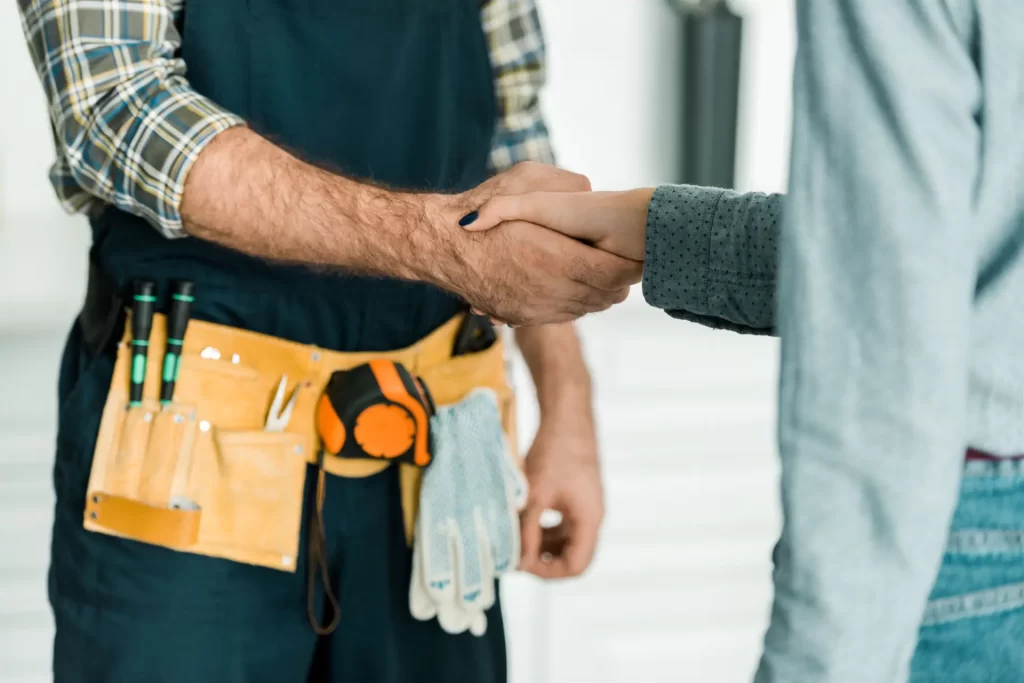
Conclusion
Well water pumps are essential for homes that rely on well water as their primary source of water. Understanding how they work and how to maintain them can help ensure that your water supply remains consistent and safe.
Remember to choose the right pump for your needs, install it correctly, and perform regular maintenance to keep it functioning at its best. And when in doubt, do not hesitate to call in a professional for help. With proper care, your well water pump can provide you and your family with clean and reliable water for years to come.



